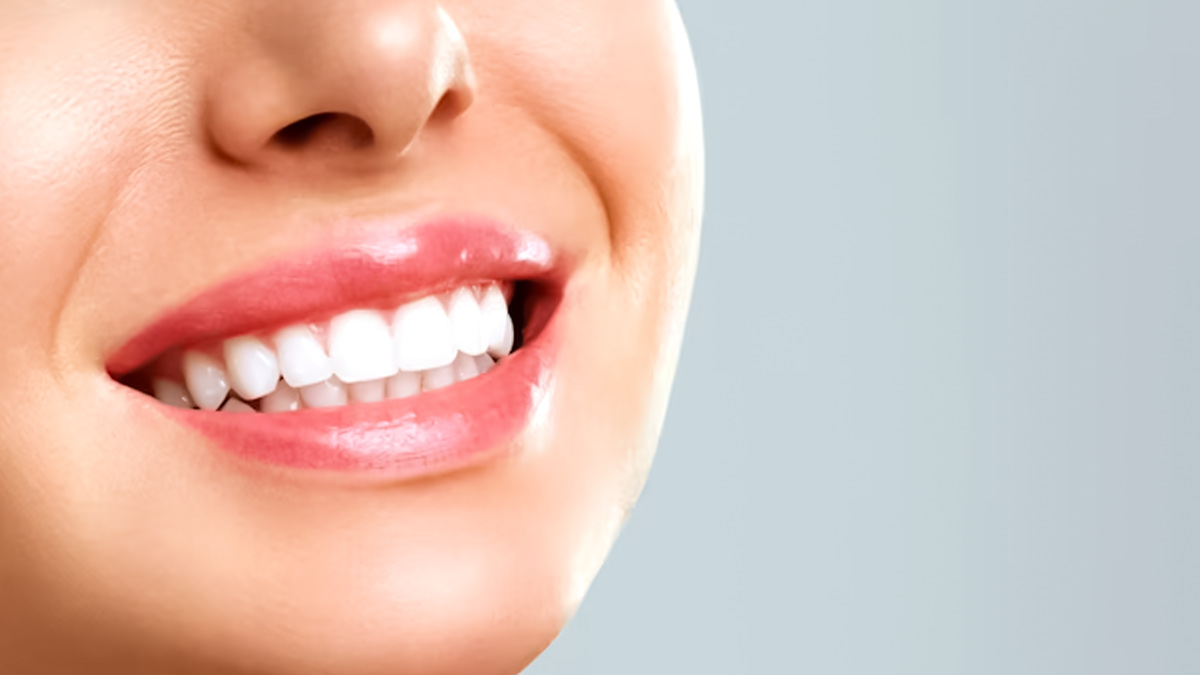The Truth About Smiles
 Sometimes, a smile can brighten up a whole day. But while that is true to a certain extent, it turns out that not all smiles are the same.In fact, there has been agreat amount of scientific research done on how and why we smile. Starting in the 19th century, neurologists have tested subjects and categorized all sorts of facial expressions.According to some studies, there are as many as 19 different types of smiles. Of them, six are facial expressions that happen during happy or funny situations. Usually, these smiles are automatic and authentic responses to having a good time. During such genuine smiles, the mouth widens broadly, and the bottom teeth usually show. Also, the whole face naturally gets more involved in the expression of the emotion.Other types of smiles, however, are more complicated. For instance, some smiles are used by people to strengthen social connections. They can reassure others and communicate trustworthiness.These purposeful smiles usually involve the upward pull of the lips. Although they often cause dimples in the cheeks, the eyes are not always involved in the expression. Still other smiles are used to communicate uncomfortable feelings like embarrassment. Such embarrassed smiles are often accompanied by certain body language. People are likely to tilt their head downward and shift their gaze to the left.In fact, smiles are so diverse that they even occur during moments of emotional and physical pain. However, experts say that this can be a healthy response, because the act of smiling and laughing can help people recover from moments of distress.
Sometimes, a smile can brighten up a whole day. But while that is true to a certain extent, it turns out that not all smiles are the same.In fact, there has been agreat amount of scientific research done on how and why we smile. Starting in the 19th century, neurologists have tested subjects and categorized all sorts of facial expressions.According to some studies, there are as many as 19 different types of smiles. Of them, six are facial expressions that happen during happy or funny situations. Usually, these smiles are automatic and authentic responses to having a good time. During such genuine smiles, the mouth widens broadly, and the bottom teeth usually show. Also, the whole face naturally gets more involved in the expression of the emotion.Other types of smiles, however, are more complicated. For instance, some smiles are used by people to strengthen social connections. They can reassure others and communicate trustworthiness.These purposeful smiles usually involve the upward pull of the lips. Although they often cause dimples in the cheeks, the eyes are not always involved in the expression. Still other smiles are used to communicate uncomfortable feelings like embarrassment. Such embarrassed smiles are often accompanied by certain body language. People are likely to tilt their head downward and shift their gaze to the left.In fact, smiles are so diverse that they even occur during moments of emotional and physical pain. However, experts say that this can be a healthy response, because the act of smiling and laughing can help people recover from moments of distress.

Questions:
1. What is one reason why not all smiles are the same?
2. How many types of smiles did some studies suggest exist?
3. How do genuine smiles differ from purposeful smiles?
4. According to the article, why do experts think smiling can be healthy?
5. Why do you think different smiles can mean different things?
Do you think smiling can help people feel better when they are sad or hurt?
Why or why not?
